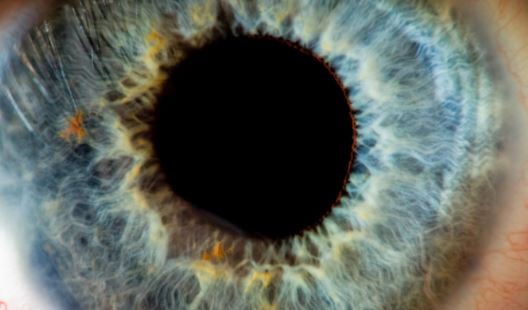Patients who suffer from an inherited retinal disease could have their sight partially restored after being treated with a new gene therapy, a new study has said.
The treatment, called voretigene neparvovec, involves a genetically modified version of a harmless virus.
Prior to voretigene neparvovec, there were no treatments available for inherited retinal diseases.
Patients in the study had a condition called Leber congenital amaurosis (LCA), which starts in childhood and ultimately leads to total blindness.
The study showed that 27 of the 29 treated patients experienced significant improvements in their vision, “enough to navigate a maze in low to moderate light”.
They also showed improvement in light sensitivity and peripheral vision, which are two visual deficits these patients experience.
The researchers, however, warn that the treatment does not restore normal vision.
What it does, the researchers say, is to give patients the ability to see shapes and light, such that they can move around without a cane or a guide.
Most of the patients involved in the study have reportedly maintained their vision for two years.
The US food and drug administration (FDA) is expected to deliberate on the treatment’s approval in January 2018.
Copyright 2024 TheCable. All rights reserved. This material, and other digital content on this website, may not be reproduced, published, broadcast, rewritten or redistributed in whole or in part without prior express written permission from TheCable.
Follow us on twitter @Thecablestyle

